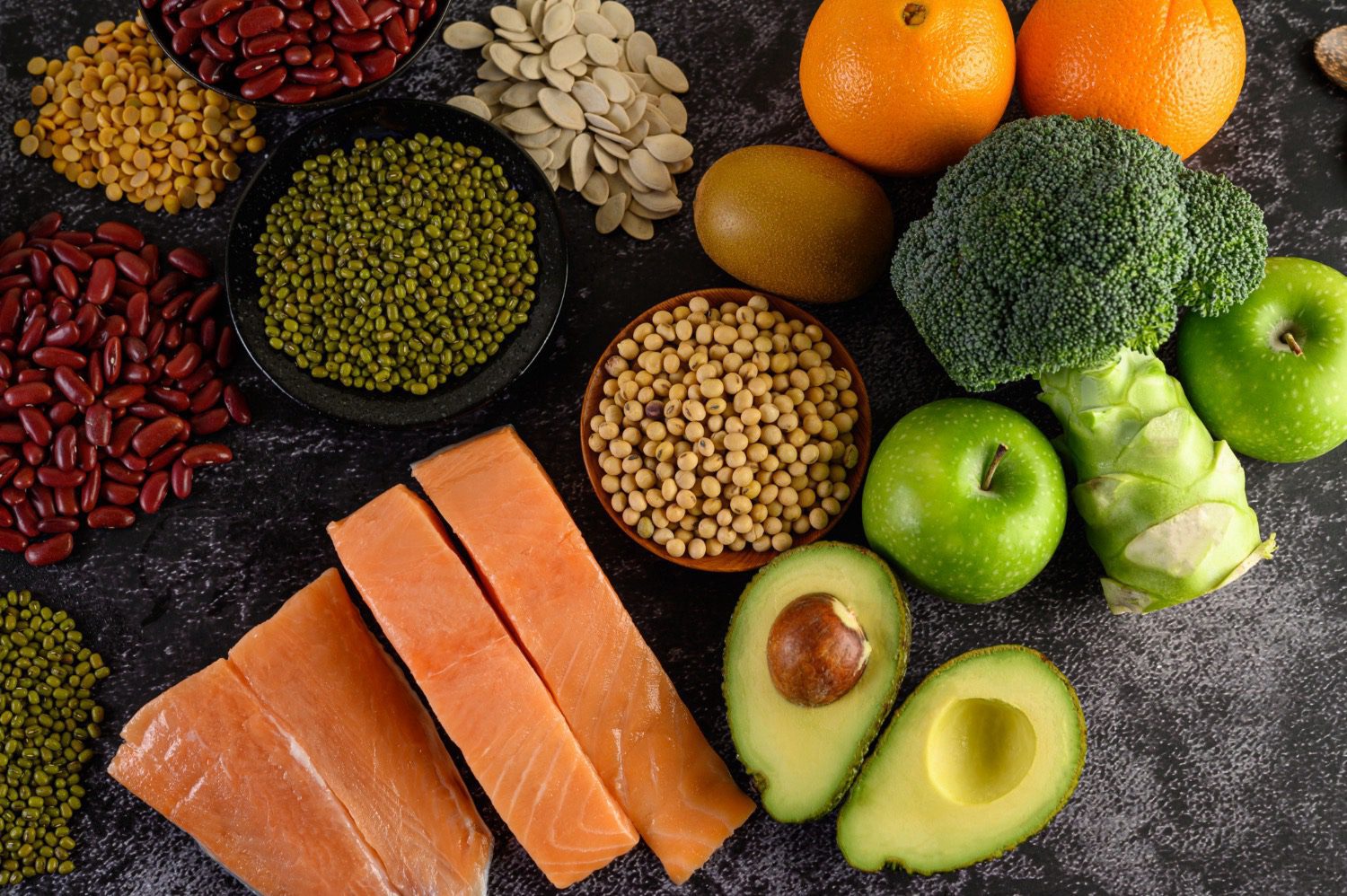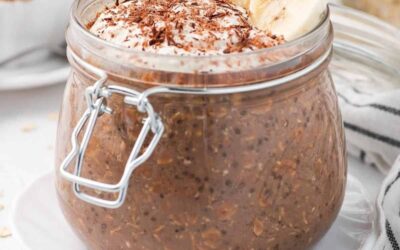Gastroesophageal reflux disease (GERD), commonly referred to as reflux, is a condition where stomach acid and occasionally other stomach contents flow backward into the oesophagus, causing symptoms like heartburn, regurgitation, and discomfort. While GERD is considered a distinct medical condition, it can also be a symptom or sign of other digestive disorders, not explained by the below factors.
Here are some conditions that can lead to or exacerbate reflux:
- Hiatal Hernia: A hiatal hernia occurs when a portion of the stomach protrudes through the diaphragm into the chest cavity. This can weaken the lower oesophageal sphincter (LES), allowing acid to flow back into the oesophagus.
- Pregnancy: Hormonal changes and increased abdominal pressure during pregnancy can lead to temporary reflux.
- Scleroderma and Connective Tissue Disorders: These conditions can affect the LES’s function and contribute to reflux symptoms.
- Smoking: Smoking can relax the LES and contribute to reflux.
- Medications: Certain medications like NSAIDs, calcium channel blockers, and some antidepressants can weaken the LES and lead to reflux.
- Dietary Factors: Certain foods and drinks, such as spicy, acidic, fatty, and caffeinated items, can trigger or worsen reflux symptoms in susceptible individuals.
- Obesity: Excess body weight can increase abdominal pressure, which in turn can push stomach contents back into the oesophagus.
- Gastroparesis: This condition affects stomach emptying and can lead to delayed gastric emptying, causing reflux.
Medical testing can be helpful in identifying the root cause of reflux and guiding treatment strategies.
In my experience, many individuals who I see with reflux have other factors contributing to their reflux, such as constipation or a bacterial overgrowth in their small intestine (SIBO)
And once the root cause of reflux is determined, targeted dietary advice, supplementation, and probiotic support can be beneficial in managing symptoms and addressing underlying issues and reducing or relieving reflux symptoms.
Lifestyle modifications, such as weight management, smoking cessation, and dietary changes, are often recommended. Dietary modifications may include avoiding trigger foods, eating smaller, more frequent meals, and not lying down immediately after eating.
Ultimately, the management of reflux should be tailored to the individual’s specific diagnosis and needs. It’s important to consult with a healthcare professional for a comprehensive evaluation and personalized treatment plan.
Struggling with reflux symptoms? Discover how a personalized nutritional and lifestyle approach can bring you relief. Book your consultation with a nutritional therapist today to start your journey towards better digestive health.
GERDRelief #NutritionalTherapy #DigestiveHealth #HealthyEating #WellnessJourney #LifestyleChanges #Probiotics #DietaryAdvice




